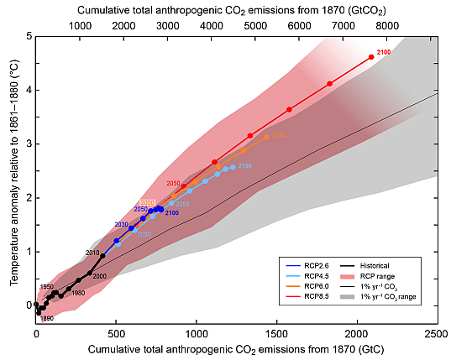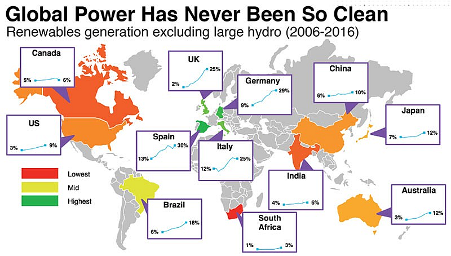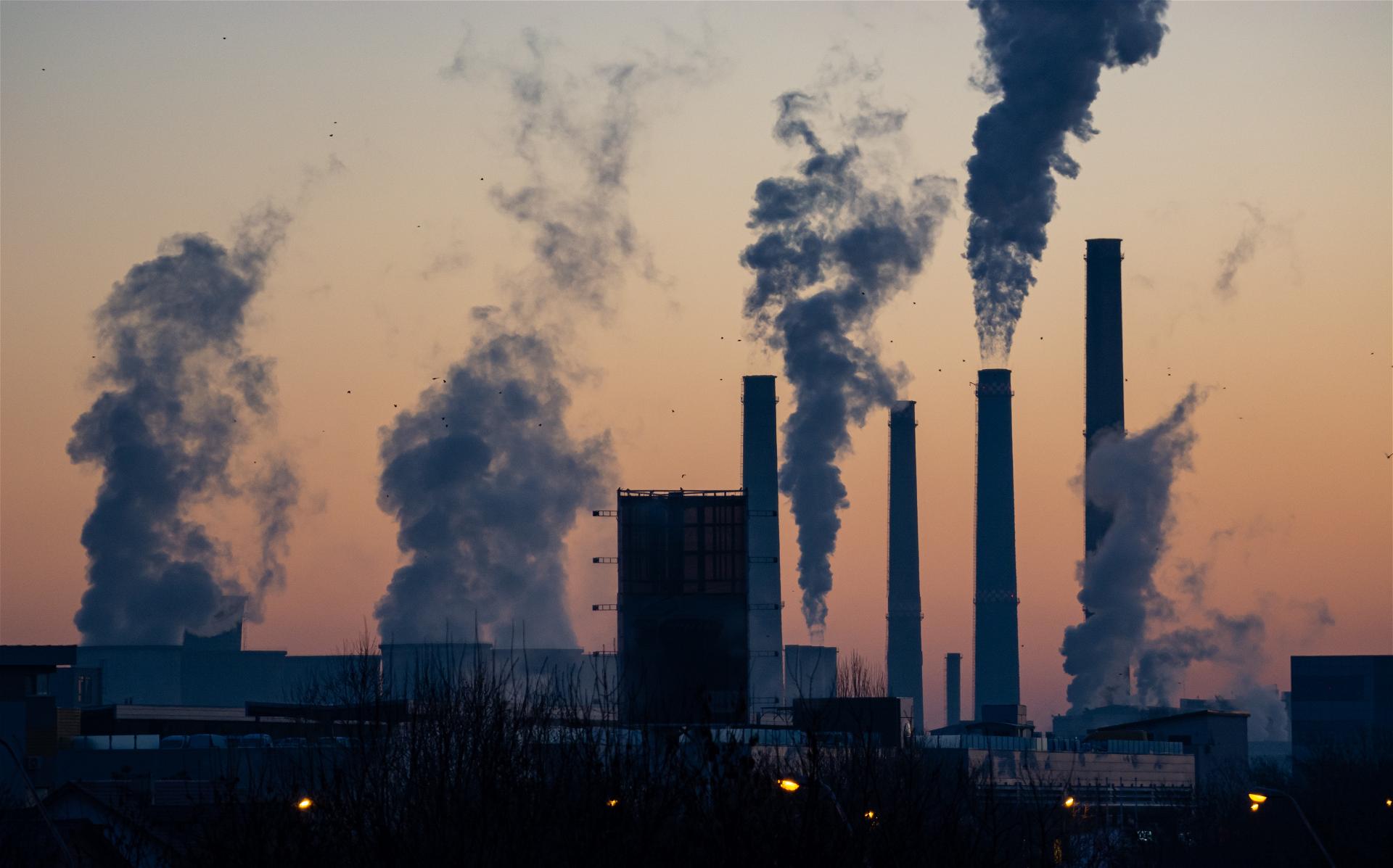· 5 min read
Who benefits from “global warming”?
And they also talk about the “global conspiracy of climatologists”, and that “corporations" benefit from the idea of global warming”. What can be said about this?
Climatologists benefit from global climate change
Undoubtedly, any powerful socio-economic process, such as the impact of climate change, is beneficial to many parties. Climatologists benefit from climate change in the sense that it enables research funding. This gives jobs to 3,000 international reporters and tens of thousands of lesser climate scientists. In turn, the redistribution of specialists from other sciences to climatology, and mainly to the topic of global warming, increases the number of those who are vitally interested in continuing climate research.
Climatologists are followed by officials and environmentalists from private companies. In Norway, there are up to 5 such near-climate jobs per climatologist-scientist. They all also benefit from attention to climate change.
However, it must be admitted that both scientists and officials do not care whether there is cooling or warming, because any change requires research and monitoring. So, it doesn’t make much sense for them to hold on to the idea of global warming — it’s the data and model calculations that convince them that the climate system works exactly the way it works.
They are followed by politicians who make a career out of this activism. There are energy companies receiving subsidies, there are companies selling green products. They are, to a considerable extent, interested in warming. But, at the same time, there are a large number of rich companies that are interested in the absence of warming. Therefore, we can say that there is a struggle for interests. Common sense still wins in this fight. Even if the company made its capital on greenhouse gas emissions and is ready to fight for its profit to the last, the company will also be concerned about the safety of its property. As evidence of the impact of global warming accumulates, even the most conservative companies are beginning to overestimate their risks. The hurricane that hit the U.S. oil capital Houston in 2017 left many wondering if they were doing themselves harm.
At present, we can safely say that, on the contrary, the idea of the absence of global warming is beneficial only to freaks, even if Trump is among them, who express it only for the sake of small momentary benefits from personal interest.
And what can we do about it?
Can humans prevent global warming? What measures need to be taken? Or do you need to calm down?
The nature of global warming is such that changes in the balance of heat and composition of our atmosphere are irreversible, at least on a scale of centuries. This is not pollution that could be cleaned, and everything returned to its previous state. This is not a temporary effect that could be removed, and everything would be as before after a while. Experiments with climate models show that even if it were possible to somehow miraculously remove all the carbon dioxide accumulated by mankind in the atmosphere, the climate would still not return to its historical norms. This is also why climate change is of such concern to specialists. For the same reasons, geoengineering solutions can do little to help. They are not only expensive and technically complicated but also lead to the greatest changes in completely different areas, not where the greatest changes from climate warming are observed. As a result, humanity risks getting additional problems, rather than mitigating the problems of warming.
So, the potential that was laid down by past gas emissions is already irreversible. Humanity must somehow adapt, and, of course, try not to increase its impact on the climate in the future. Figure 12 shows how much carbon dioxide humanity can still emit before reaching the conditional limit of 1.5 degrees of warming when powerful mechanisms of global change (melting ice sheets, shifting ecological zones, and rising sea levels) are launched, which will make adaptation extremely expensive for any one country.
Figure 12. Dependence of the change in the Earth’s temperature on the amount of carbon dioxide accumulated due to human activities.

Alas, the reality is that we need to cut emissions now, and by 2050 we need to get rid of almost all greenhouse gas emissions that are not related to food production.
Figure 13. Electricity production (for selected countries) from renewable energy sources without greenhouse gas emissions.

But can we do it? We can’t stop life. Surprisingly, the process has already begun. Figure 13 shows how rapidly non-GHG energy production is growing. For 10 years, the share of energy without such emissions has increased by 3–10 times in different countries. In 2017, on certain days, up to 93% of all electricity in Europe was produced from such sources. Moreover, electricity prices on the wholesale market already in 2018 became negative three times in Germany and Denmark (the last time on January 3, 2018) due to the overproduction of wind farms. The collapse of power generation at thermal stations in the UK is also indicative, the share of which in the electricity market has decreased from the lion’s share to an insignificant part in just 5 years.
Future Thought Leaders is a democratic space presenting the thoughts and opinions of rising Sustainability & Energy writers, their opinions do not necessarily represent those of illuminem.






